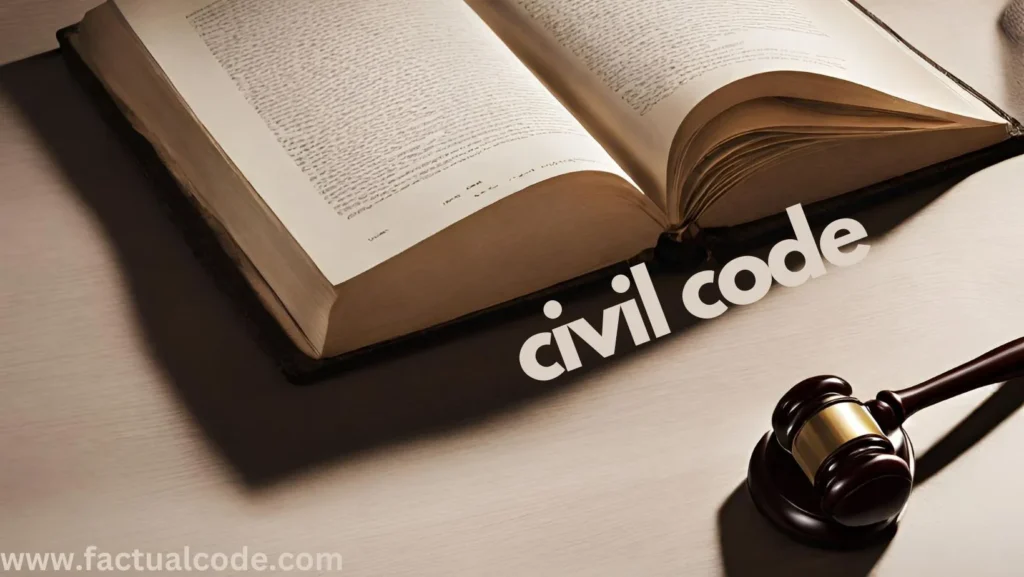Introduction
The proclamation of sale is a formal announcement made by the court regarding the sale of attached property in execution of a decree. It serves as an essential procedural step to ensure transparency, fairness, and proper notification to all interested parties before the sale is conducted.
Legal Provisions Governing Proclamation of Sale
The proclamation of sale is governed by Order 21, Rule 66 of the Code of Civil Procedure, 1908 (CPC). It outlines the requirements and procedures for issuing a valid proclamation for the sale of immovable property.
1. Purpose of Proclamation of Sale
The proclamation of sale serves several critical purposes:
- To inform the public and potential buyers about the sale of the attached property.
- To notify the judgment debtor and decree-holder of the impending sale.
- To provide relevant information to help bidders assess the property’s value and encumbrances.
2. Requirements for Proclamation of Sale
As per Order 21, Rule 66, the proclamation must be:
- Drawn up by the Court after giving notice to both the decree-holder and the judgment debtor.
- Published in the language of the court and displayed at a conspicuous place, including public places like the property site and the court premises.
3. Contents of the Proclamation
The proclamation must specify the following details as accurately as possible:
(a) Property to be Sold
- Description of the property, including its size, location, and boundaries.
- If only a portion of the property is sufficient to satisfy the decree, that part should be specified.
(b) Revenue Assessed
- The revenue assessed upon the property, if it is part of an estate that pays revenue to the government.
(c) Encumbrances
- Any encumbrances, liens, or charges attached to the property, such as mortgages or unpaid taxes.
(d) Amount Recoverable
- The amount for which the sale is ordered, including the decree amount, interest, and costs.
(e) Other Material Information
- Any other information deemed necessary by the court to help potential buyers judge the property’s nature and value.
- The court may or may not include its own estimate of the property’s value, but it must incorporate any valuation provided by the parties involved.
4. Procedure for Issuing Proclamation
Application for Sale
The decree-holder must file an application for the sale of the property, accompanied by a statement containing details such as the property’s description, encumbrances, and estimated value.Examination of Information
The court may summon any person for examination or request documents to verify the information provided.Publication of Proclamation
The proclamation must be:- Publicly announced through affixation at the property site and court premises.
- Published in local newspapers, especially in cases of high-value properties, as per Order 21, Rule 67.
Postponement of Sale
The court can postpone the sale if it deems necessary or if the judgment debtor deposits the decree amount before the sale.
5. Validity and Legal Implications
- Invalid Proclamation: If the proclamation does not comply with the procedural requirements, the sale may be set aside on the grounds of material irregularity under Order 21, Rule 90.
- Case Law Example: In Desh Bandhu Gupta v. N.L. Anand & Rajinder Singh, AIR 1994, the Supreme Court held that failure to specify the encumbrances in the proclamation amounted to a material irregularity, leading to the setting aside of the sale.
6. Stay of Sale
The sale can be stayed under Order 21, Rule 69 if:
- The judgment debtor provides sufficient security or deposits the decree amount.
- The court finds valid reasons to postpone or cancel the sale.
Key Case Laws
Desh Bandhu Gupta v. N.L. Anand & Rajinder Singh (1994)
The Supreme Court held that failure to comply with the provisions of Order 21, Rule 66 regarding proper notice and accurate proclamation may render the sale illegal and void.Balakrishnan v. Malaiyandi Konar (2006)
The Court emphasized that the purpose of Rule 66 is to safeguard the interests of the judgment-debtor by ensuring that the property is sold for its true market value.
Conclusion
The proclamation of sale under Order 21, Rule 66 is a vital step in executing a decree involving the sale of property. It ensures transparency, protects the interests of both the decree-holder and the judgment debtor, and provides critical information to potential buyers. Adherence to the procedural requirements is essential to avoid legal challenges and ensure the validity of the sale.

